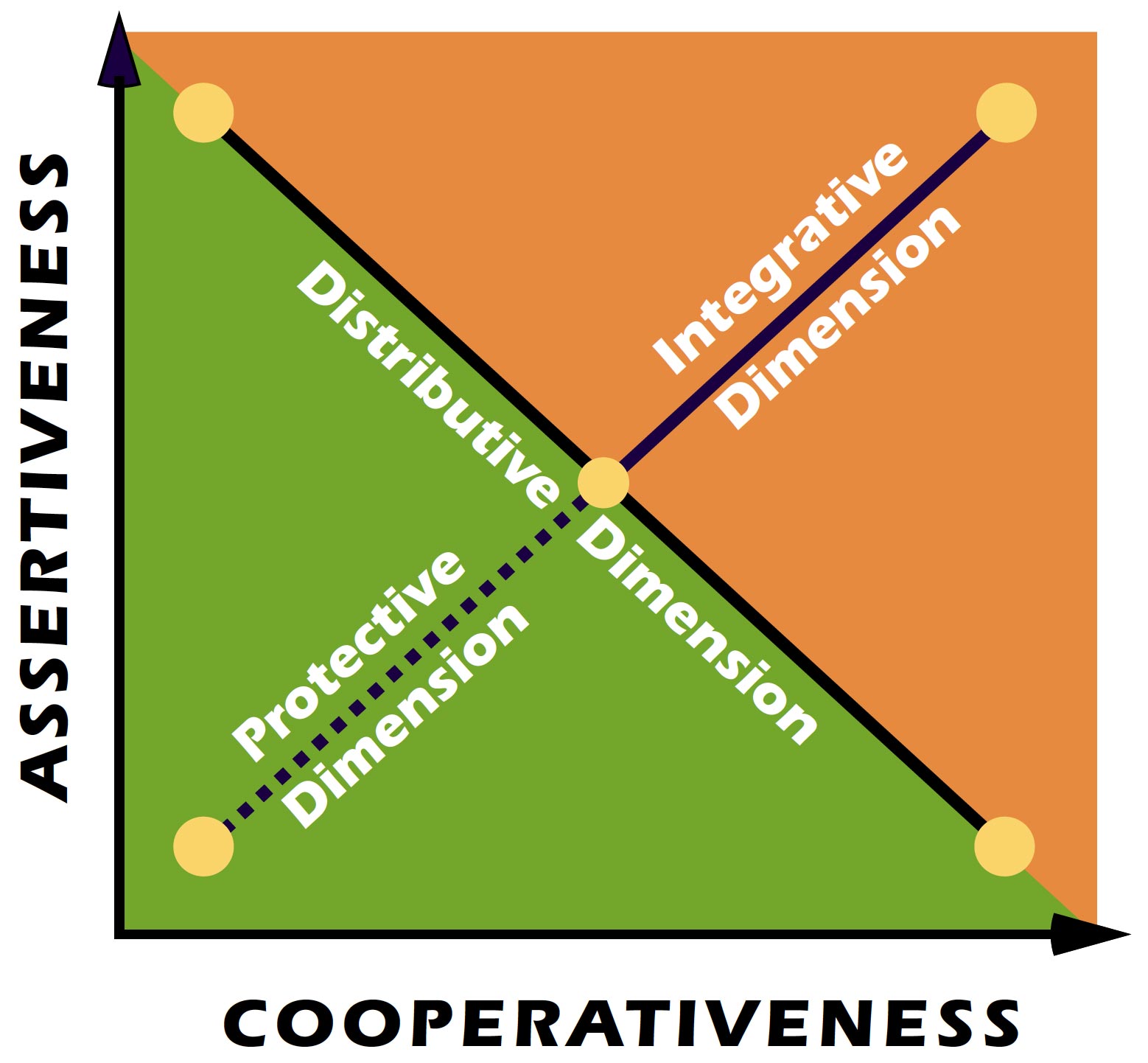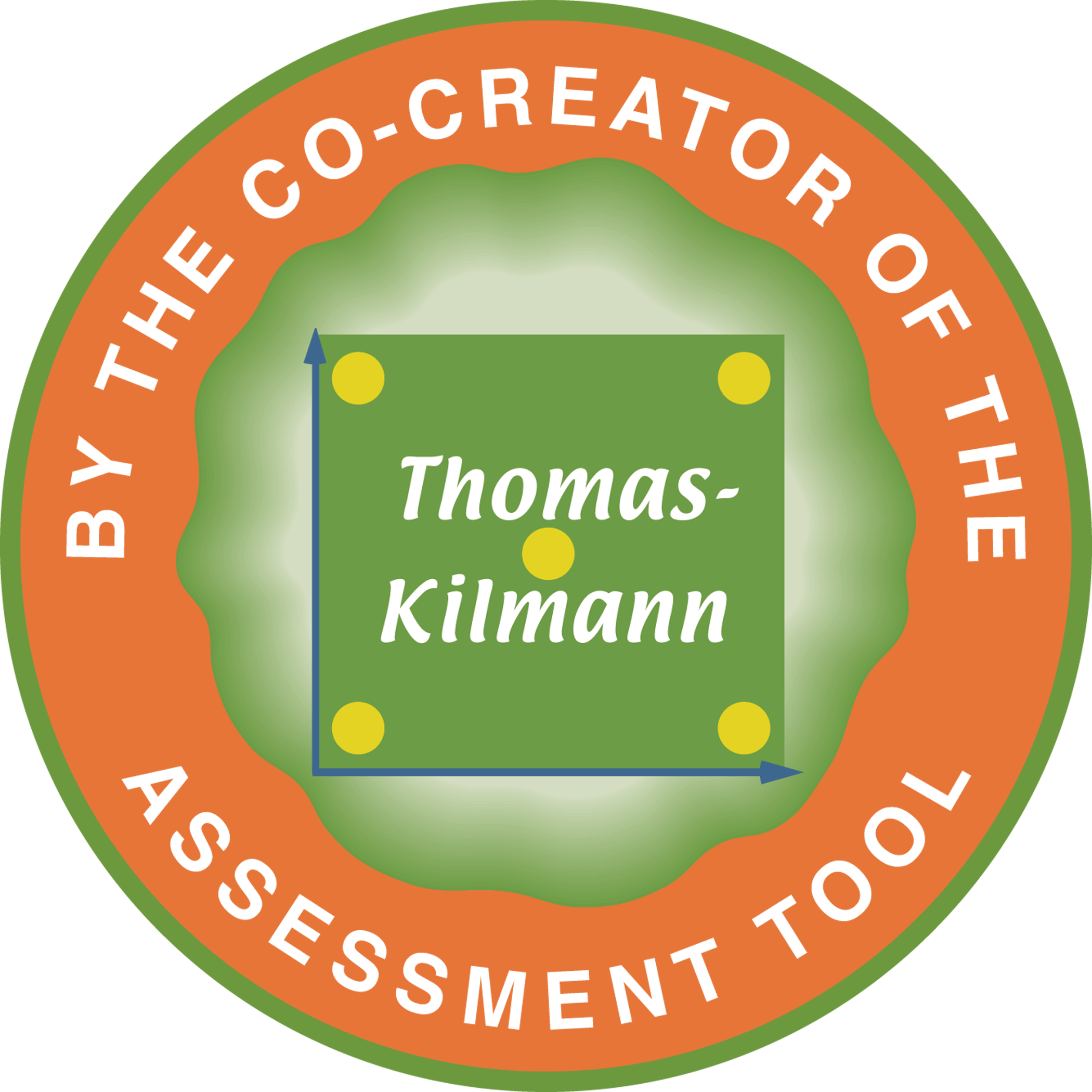08 Jan Supporting (and Enhancing) Employees’ Total Wellbeing in the Workplace
Ralph H. Kilmann, co-author of the Thomas-Kilmann Instrument (TKI)
During the past few decades, I’ve introduced organizations and their members to such timeless topics as self-awareness, mindfulness, consciousness, subtle energy, and mind/body/spirit modalities. These topics are often pursued outside an organization, in an individual’s person life, but these same topics are often taboo to discuss (or consider) in the workplace. And yet, these timeless topics have everything to do with a person’s wellbeing… at home AND at work.

I’d like to share with you how I use the TKI Conflict Model to help people resolve their four foundational—inner—conflicts, which directly pertain to such timeless subjects:
Here are the four foundational conflicts that have everything to do with the wellbeing of organizational members:
- Are you a physical body OR an energy body?
- Are you governed by your ego OR your soul?
- Is your inner self (as some combination or synthesis of your ego and soul) separate from your surrounding systems OR are your surrounding systems an integral part of who you are?
- Have you resolved your primal relationships OR is your focus distracted and your energy drained in the present because you haven’t healed your wounded boundaries from the past?
Naturally, I frame these foundational conflicts in either/or terms in order to emphasize that people often choose (whether consciously or not) one extreme position over the other and thus continue to move back and forth along the distributive dimension, which, at best, can achieve a compromise solution. The latter, for example, leaves your ego and soul only partially satisfied, while you assume little responsibility for improving your surrounding systems (which are then viewed as someone else’s responsibility). Compromising the physical/energy body conflict will also leave you only partially healthy and whole; while arriving at a compromise solution for your primal relationships will still prevent you from being fully present—and thus fully available for your personal life as well as for your vocational life.
But under the right conditions (openness, candor, trust, peace, and compassion), people can move up the integrative dimension and create synergistic solutions for those four foundational conflicts: physical/energy, ego/soul, self/systems, and primal relationships.

Of course, the worst scenario (which is probably quite prevalent in most organizations today) is when people essentially avoid these four inner conflicts (often due to ignorance about their existence) and proceed to live their life on autopilot—as dictated by cultural rules, other people’s expectations, a conditioned mind, and ingrained habits. The latter do not lead to well-being, happiness, and success—short term or long term.
I believe that using the TKI Conflict Model for these inner conflicts (just as we’ve learned to use this model for our outer conflicts) has the potential to transform organizational development, change management, and human resource management. In fact, there are several benefits from addressing the four foundational conflicts in the indicated sequence, so organizations will be most likely to benefit from the effective resolution of these four inner conflicts. And then, members will also be more effective at resolving their interpersonal and interdepartmental conflicts, since the inner world tends to manifest the outer world.
I realize that the above perspective is not mainstream or traditional social science, but I love to stretch the envelope of our profession and encourage people to challenge the many assumptions (often false and out of date) that are embedded in our current organizations and professional practices. Clearly, we need to find additional—innovative—ways to further engage members in the workplace, actively encourage their joy and happiness, and radically improve our highly organized society.
Kilmann Diagnostics offers a series of eleven recorded online courses and nine assessment tools on the four timeless topics: conflict management, change management, consciousness, and transformation. By taking these courses and passing the Final Exams, you can earn your Certification in Conflict and Change Management with the Thomas-Kilmann Instrument (TKI). For the most up-to-date and comprehensive discussion of Dr. Kilmann’s theories and methods, see his 2021 Legacy Book: Creating a Quantum Organization: The Whys & Hows of Implementing Eight Tracks for Long-term success.




